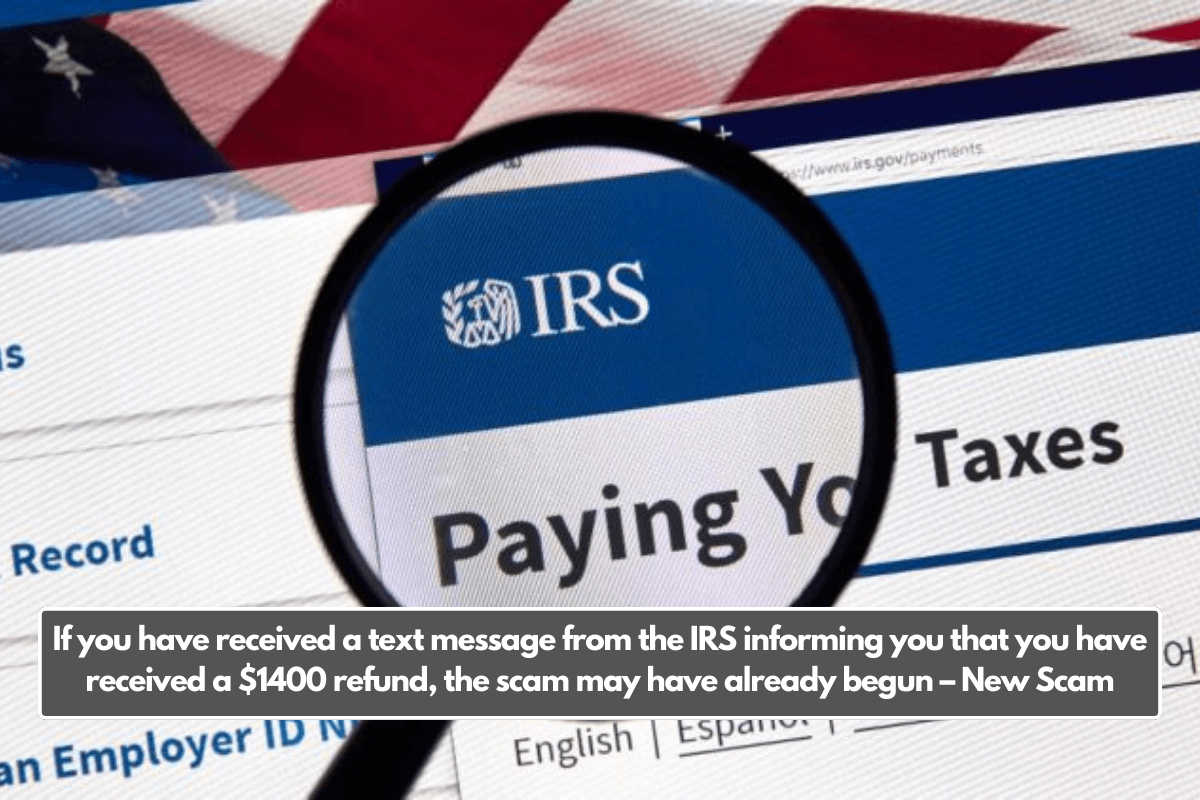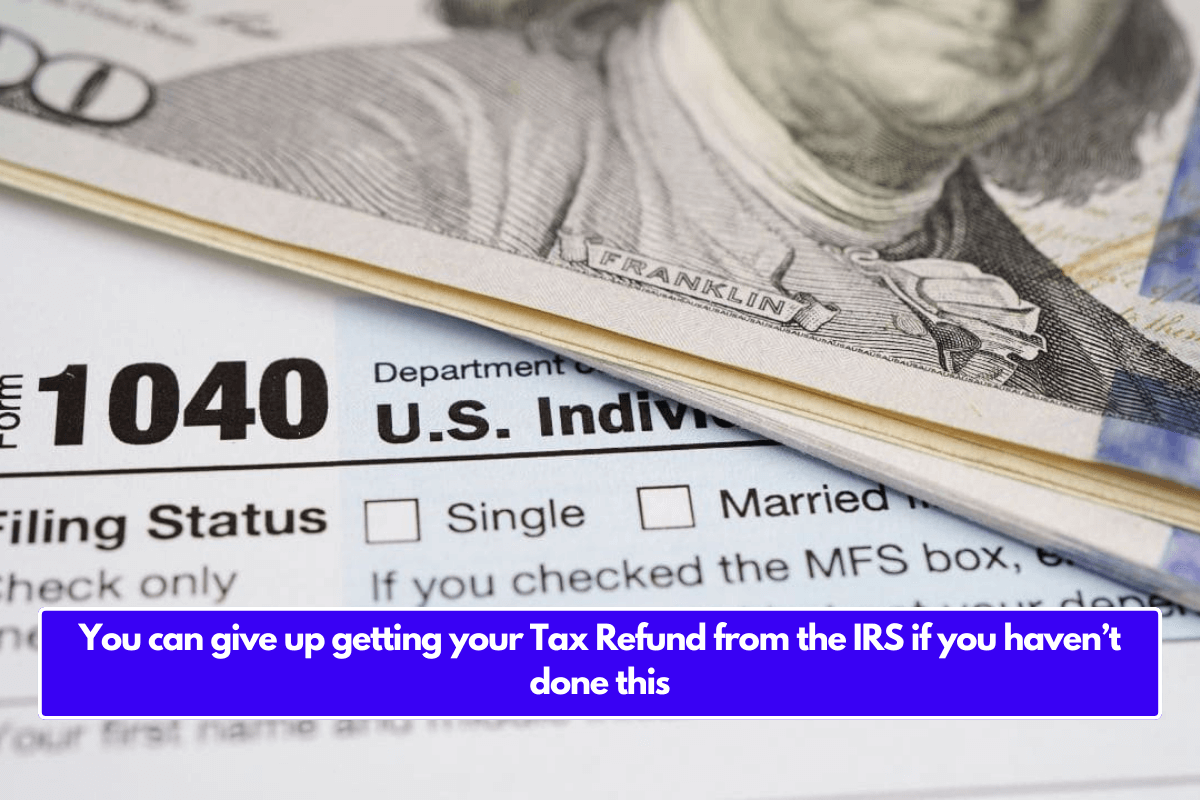Avoid clicking on links in text messages that promise to send you an IRS cheque for $1,400. The Better Business Bureau says it’s a hoax. Criminals are impersonating the IRS in an attempt to trick taxpayers into providing personal information.
The SMS will appear to be from the IRS, informing you that you are eligible for a $1,400 Economic Impact Payment and that you must submit your information to receive it.
The text message from the IRS that has been causing concern among Americans
According to recent Internal Revenue Service (IRS) reports, the SMS message that has been reaching millions of taxpayers across the country is a phishing scam. The message contains a fake link that looks like an official IRS website.
When you click it, spyware or a fraudulent form requesting money or personal information may appear. The BBB stated in a statement that the Internal Revenue Service never contacts taxpayers via text, email, or social media and will never request information in this way.
Since the deceptive texts are based on recent tax agency news, they appear to be true. To compensate those who did not receive all of their government stimulus checks during the pandemic, the IRS announced in late December that it would distribute a total of $2.4 billion to one million individuals.
These payments were made automatically to qualified taxpayers who filed a return but did not claim the Recovery Rebate Credit, with a maximum of $1,400 per beneficiary. Here’s what officials recommend doing to avoid this scam:
- Check communications: Real IRS notices are not transmitted by email or SMS; they are sent via snail mail.
- Don’t click on links: Links in unwanted emails should never be clicked. For information, visit IRS.gov directly instead.
- Watch out for a sense of urgency: Scammers instill a sense of haste to get you to take immediate action. Spend some time independently confirming allegations.
- Inform people about the scam: Notify BBB.org/ScamTracker of any questionable messages and forward them to phishing@irs.gov.

Learn more about how the IRS scam works
You receive a text from what appears to be the Internal Revenue Service informing you that you are eligible for a $1,400 Economic Impact Payment and that you must submit your information so that the funds can be mailed to you as a cheque or deposited into your bank account within one to two business days.
The phishing scheme includes a phoney link that appears to be an official IRS website. Clicking on it may result in the installation of malware or a fraudulent form requesting money or personal information. The Internal Revenue Service does not contact taxpayers via text, email, or social media, so be aware that it would never request information in this manner.
Could IRS layoffs affect your 2025 tax refund?
The Internal Revenue Service is one institution that has been severely impacted by the administration’s ongoing, harsh cuts to the federal budget. With the deadline for filing taxes approaching, Reuters and the New York Times reported that over 6,000 employees would be laid off.
The IRS is the most recent federal agency to see significant budget cuts. Other agencies include the Department of Education, the Department of Health and Human Services, the Consumer Financial Protection Bureau, the National Park Service, and the United States Agency for International Development (USAID).
Several accountants believe that a staffing shortage during tax season could have a significant impact on taxpayers who need assistance or want quick returns. According to the National Taxpayer Advocate, an independent IRS agency, the IRS already has insufficient personnel and is having difficulty hiring and retaining employees.
Richard Pon, a San Francisco-certified public accountant, told USA TODAY on Wednesday that mass firings will undoubtedly have an impact on tax season because cuts will be noticeable immediately.
















